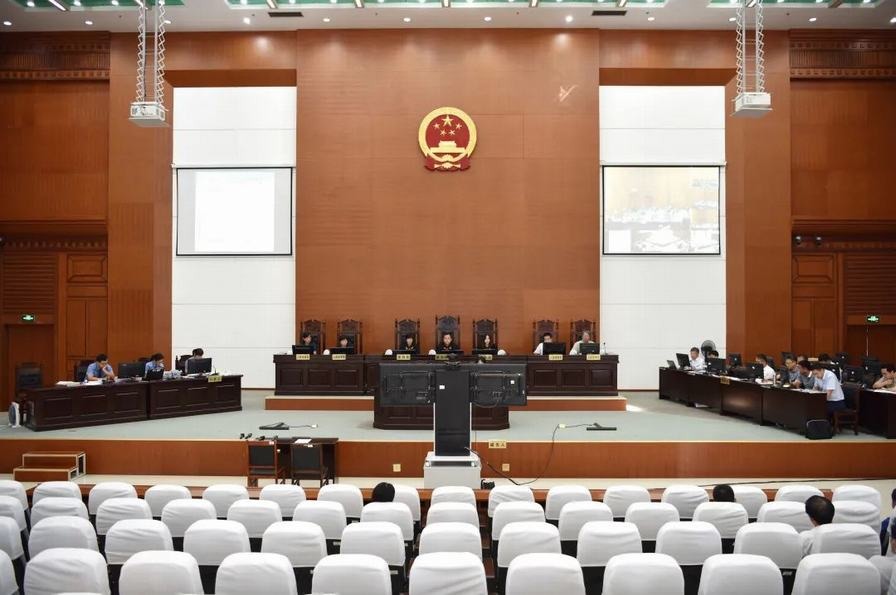
Title: Analysis from a Senior Legal Practitioner on Five Key Aspects of the Civil Law
1. Admissibility of an Action:
In a civil case, it is essential to establish that the claim can be brought against the defendant. This requires a prima facie showing that there has been a breach of contract or legal relationship, and that the plaintiff has suffered harm as a result.
Article 37(1) of the Civil Code states that "An action shall be brought if a person causes injury or damage to another person through his own act or omission." The plaintiff must first prove that their actions led to the injury or damage they claim, followed by any subsequent events that caused further harm.
2. Damages Owed:
Once the legal case has been established, the next step is to determine the amount of damages that the plaintiff can recover. This is typically determined by calculating the total loss suffered by the plaintiff due to the defendant's breach of contract or legal relationship.
Article 180 of the Civil Code states that "A damages shall be calculated in accordance with the sum of the losses suffered by the injured party." In this process, damages will be evaluated based on various factors such as the extent of the breach, the type of damage caused, and the consequences of the breach for the plaintiff.
3. Venue:
The jurisdiction of the court where the case is heard depends on the location of the parties involved. If the dispute arises within a single state or region, then that state or region will be the appropriate venue. However, if the dispute involves cross-border activity, then the court with jurisdiction over the defendant's country will be considered.
Article 92 of the Civil Code states that "A court shall hear suits arising out of and before personal jurisdiction, private international law, or national jurisdiction."
4. Time Limitations:
In civil cases, time limits often apply, depending on the nature of the dispute and the applicable laws. For example, the plaintiff may have three years to file a lawsuit after receiving notice of the claim.
Article 186 of the Civil Code states that "A suit brought under this section shall be brought within three years from the date of knowledge of the facts giving rise to the cause of action."
5. Appellate System:
In addition to the court hearing the case, an appeal may be taken if the plaintiff believes that the decision made by the court was incorrect. An appeal may be heard by a higher court or a panel of judges within the same court system.
Article 187 of the Civil Code states that "An appeal may be taken if a judgment is reversed, modified, or canceled in accordance with the provisions of this code."
Conclusion:
Understanding the legal principles involved in civil cases is crucial for individuals seeking justice. By carefully considering these five key aspects, one can effectively build a strong case and increase their chances of success in a civil dispute. It is important to consult with a qualified attorney to ensure compliance with all relevant laws and procedures.
总结:Understanding the legal principles involved in civil cases is crucial for individuals seeking justice. By carefully considering these five key aspects, one can effectively build a strong case and increase their chances of success in a civil dispute. It is important to consult with a qualified attorney to ensure compliance with all relevant laws and procedures.










